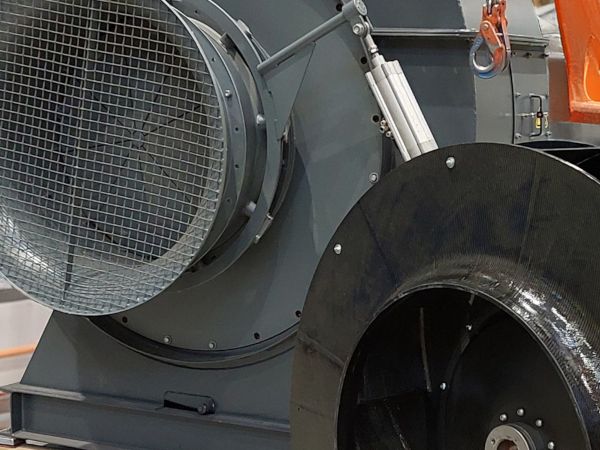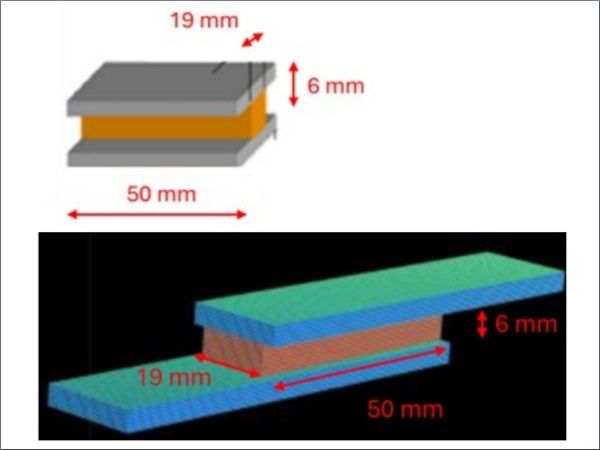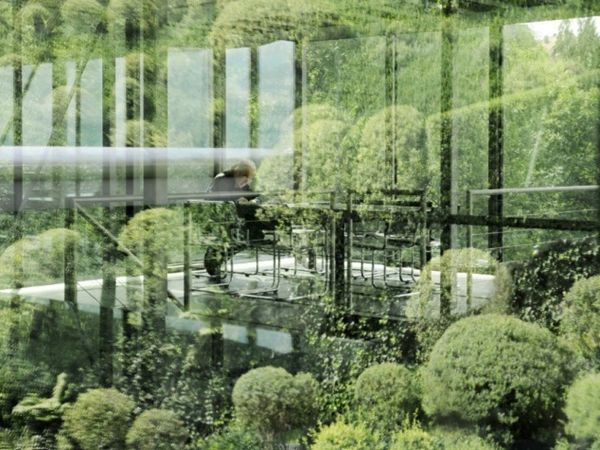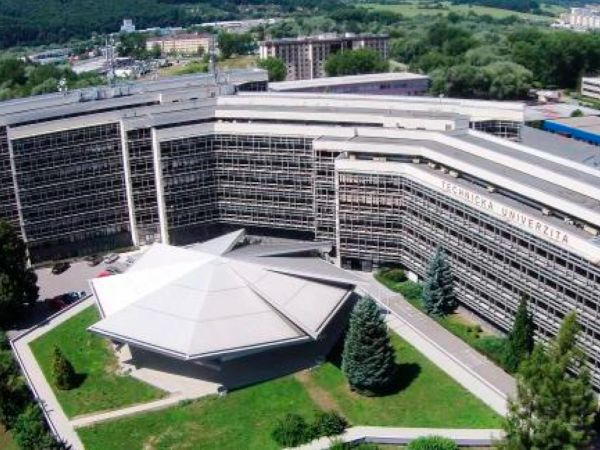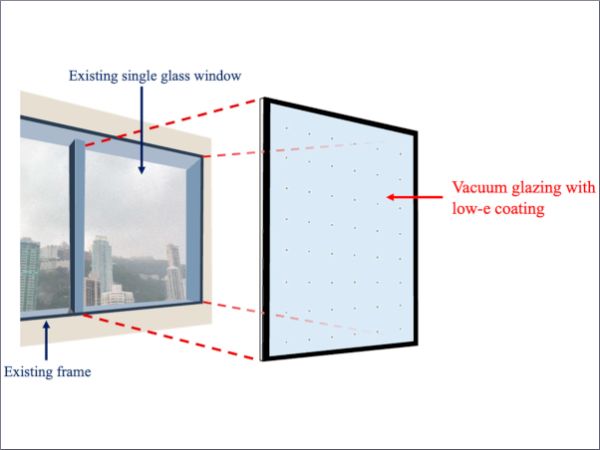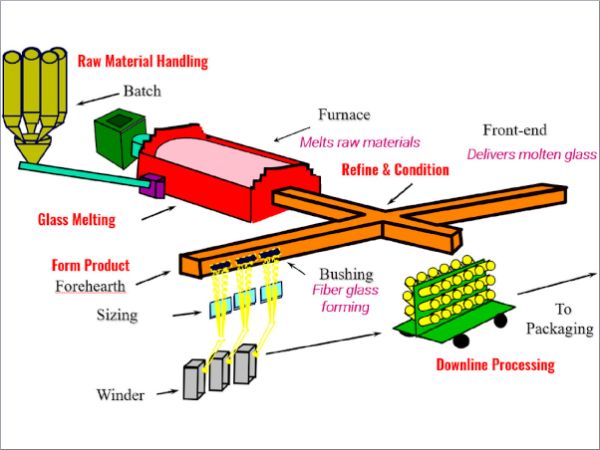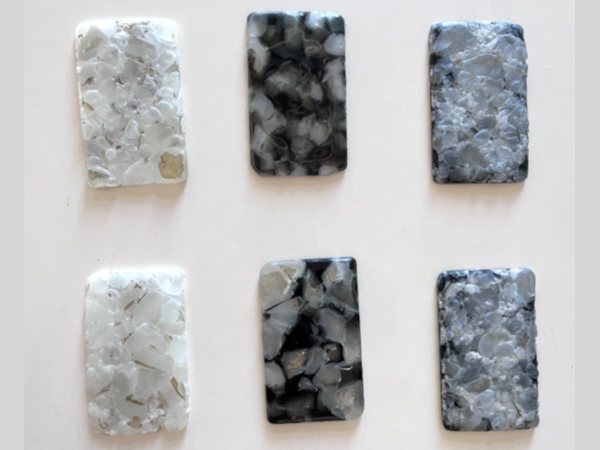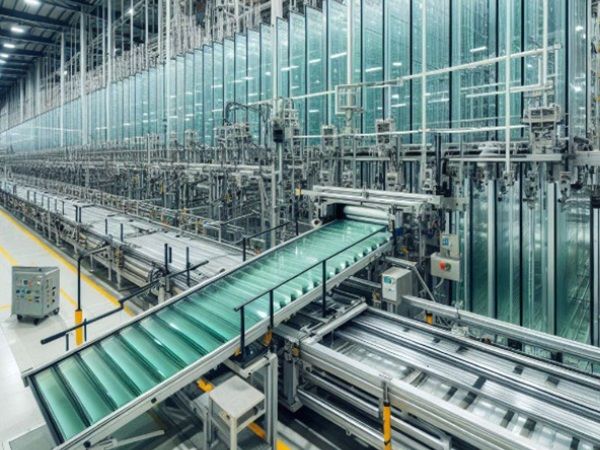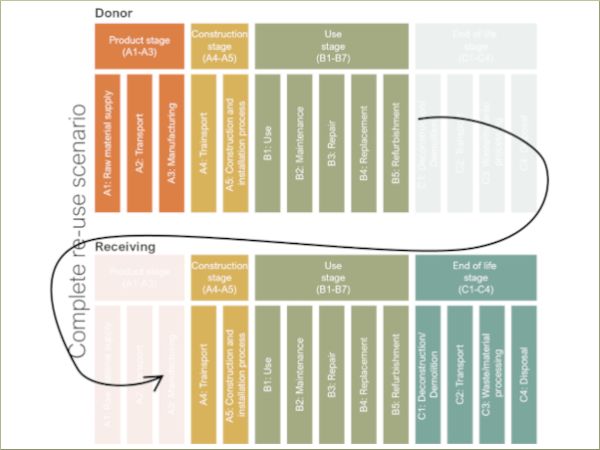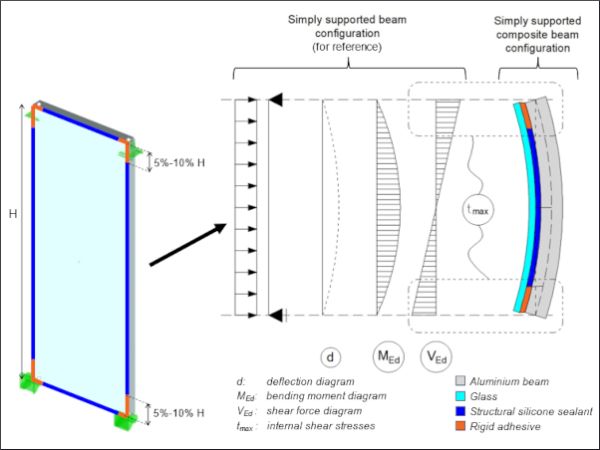Others also read
| Designing glazing for museum daylighting requires balancing art conservation, structural performance, and aesthetics—challenges explored through two sensitive glazing replacement case studies at the Metropolitan Museum of Art in New York.
| Reducing energy consumption in glass tempering is no longer optional — and new cooling innovations are making it achievable.
| A new study explores how smarter structural design and adhesive optimization in glass-metal façades can significantly cut embodied carbon while maintaining performance and integrity.
| As the façade industry advances in sustainable glass coatings, it’s time to look beyond energy performance and focus on human-centered design—exploring how light, spectrum, and transmittance impact our wellbeing.
| In this eighth episode, we delve into optimizing energy efficiency in Low-E production.
| Mikko Rantala on Glastory: Glass tempering is an energy-hungry process, and not just because of the heat.
| Renovating energy-inefficient buildings is vital to meeting the EU’s climate goals, and new research from Slovakia highlights how material choices can make or break a project’s environmental impact.
| This paper presents experimental and theoretical studies of heat transfer through single- and double-glazed windows with electrical heating of the internal surfaces.
| Retrofitting buildings is key to boosting energy efficiency and climate resilience, especially in dense, subtropical cities like Hong Kong.
| As modern buildings increasingly use glass for its aesthetic appeal, managing excessive sunlight has become a challenge—this study explores how innovative kinetic façades can optimize indoor daylight while enhancing energy efficiency and comfort.
| There are ways to reduce the energy consumption and emissions of glass melting, such as recycling glass, using oxy-fuel burners, improving furnace insulation and design, and adopting electric melting technologies.
Artificial Intelligence Impacts on Architecture and Smart Built Environments: A Comprehensive Review
| This study explores the transformative role of artificial intelligence (AI) in designing and managing sustainable urban environments.
| Modern tempering technologies offer impressive energy efficiencies for glass processors. But, have you ever come across energy-saving claims that seem too good to be true?
| This study examines the potential benefits of Electrophoretic Light Modulator (ELM) on an Amsterdam office's energy and daylight performance using dynamic simulation of a shoebox perimeter zone model.
| A recent study by BV Glas and Stuttgart University outlines three pathways to achieve climate neutrality in the glass industry by 2045.
| This paper aims to quantify the savings achieved through the ERM of secondary layer addition to existing glazed facades, for a high WWR office building in cooling and heating dominated climate locations.
| This paper deals with the question of how old insulating glass units can be re manufactured to match the state of the art in terms of the energy efficiency.
| The thesis examined the barriers to recovering end of life glass from commercial projects in London, and identified the drivers that will open pathways for glass to be recycled.
| Increasing the circularity of flat glass does not only mean to collect glass cullet from internal and pre- consumer processes. It also means to use glass cullet from the post- consumer applications, such as residential or commercial buildings.
| This research examines the viability of recycling soda lime glass from post-consumer Insulated Glass Units (IGU), mixing various types of architectural glass cullet and fusing them into flat plates by using electric kilns.
| In order to minimize the environmental impact of glass by preserving the embodied carbon and substituting newly produced glasses, the reuse of glass is considered to be of the highest potential.
| ‘glass technology live’ will showcase a promising new development along with many other innovations.
| This article presents the metric avoided carbon for the reuse of aluminium unitised curtain wall façades, that are to be taken from a donor building and applied onto a receiving building.
| A Composite Approach in the Design of Glass-Aluminium Facades to Minimise Embodied Carbon Emissions


